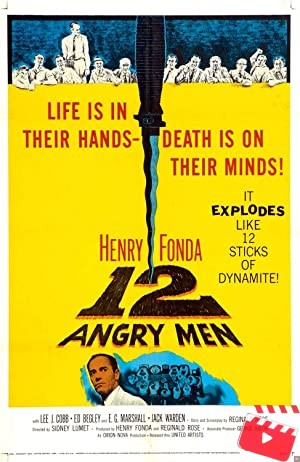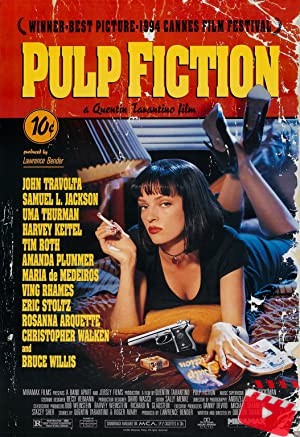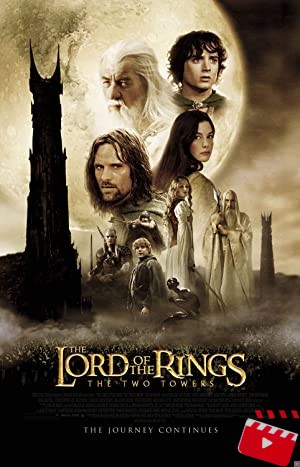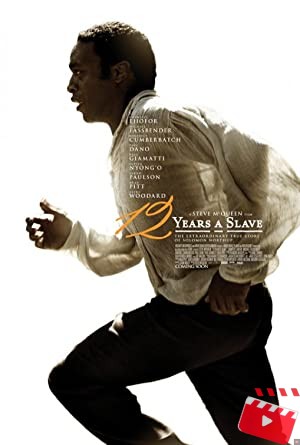
Cinema Paradiso is simply one of the most beautifully crafted and emotionally engaging films I have ever seen. This Italian gem from 1988 masterfully captures the magic of cinema while telling a touching coming-of-age story anchored by first-rate performances and stunning visuals.
Set in a small Sicilian village, the story follows Salvatore, a young boy who is entranced by the local cinema, known as the Paradiso. As he grows older, he becomes an apprentice projectionist under the tutelage of the gruff but compassionate Alfredo. Salvatore’s love for movies and the community he finds in the Paradiso are at the heart of the film, but Cinema Paradiso is far from a simple feel-good story.
Director Giuseppe Tornatore skillfully weaves the emotional tapestry of Salvatore’s life, from his early childhood to his adulthood as a successful filmmaker. The film is a masterclass in storytelling, as it balances nostalgia, humor, and heartbreak with an expert hand. Every character is well-realized and memorable, from the enigmatic Alfredo to the vibrant, eccentric patrons of the Paradiso.
The film’s score is also a standout. Composed by Ennio Morricone, it perfectly complements the film’s visuals and adds an extra layer of emotion to an already heartfelt story.
The film’s themes of love, loss, and the power of art have resonated with viewers for decades, and it’s not hard to see why. Cinema Paradiso is a special movie that captures the essence of cinema itself and reminds us of the magic that can be found in the darkness of a movie theater.
Overall, I can’t recommend Cinema Paradiso enough. It’s a beautiful, moving film that will leave you with a renewed appreciation for the power of movies and the ways in which they can shape our lives.
Lesson about Cinema Paradiso
One lesson we can take from the movie Cinema Paradiso (1988) is the power of forgiveness and letting go of past regrets.
The Best of Cinema Paradiso
- 1. Heart-warming portrayal of the power of cinema: “Cinema Paradiso” beautifully captures the transformative power of movies. The film shows how the silver screen can evoke powerful emotions, unite communities, and change people’s lives. From the very beginning of the film, we see how the tiny Sicilian village where the story takes place rallies around the local cinema, creating a community that transcends social and economic divisions. Indeed, the film suggests that the theater itself becomes a kind of protagonist, central to the lives of the people who come to watch and share in its magic.
- 2. Masterful storytelling: The beauty of “Cinema Paradiso” lies not only in its themes and subject matter, but also in the way it unfolds its story. The film employs a complex, non-linear narrative structure that builds suspense, amplifies emotion, and underscores the importance of memory and nostalgia. The film’s first act introduces us to young Toto, who becomes transfixed by the cinema in his village. As the film progresses, we follow Toto’s journey from a young boy to a seasoned projectionist, and then to a successful filmmaker in his own right. Along the way, we witness his friendship with the kind-hearted projectionist Alfredo, his tender romance with the beautiful Elena, and his personal struggles with guilt and grief. All of these elements are woven together seamlessly, creating a tapestry of poignant and joyful moments that stay with the viewer long after the credits roll.
- 3. Superb performances: The film’s cast, led by Philippe Noiret as Alfredo and Salvatore Cascio as young Toto, deliver truly remarkable performances that anchor the film’s emotion and story. Noiret, in particular, brings a profound depth and humanity to his portrayal of the wise and aging projectionist, while Cascio captures Toto’s wide-eyed wonder and infectious enthusiasm for cinema. The chemistry between the two actors is palpable, and it is this relationship that provides the film’s emotional nucleus. The rest of the cast, including a young Marco Leonardi as the adult Toto, are equally strong, giving life to the charming and idiosyncratic residents of the village. Their combined efforts create a vivid and believable world that captures the essence of small-town life in southern Italy.
Week points of Cinema Paradiso
- 1. Slow pacing: Some viewers may find that the movie has a slow pacing, which can make it feel dragging at times. This may be especially noticeable for those who are used to fast-paced films or are looking for more action or excitement.
- 2. Stereotypical characters: While some reviews praise the movie for its characters, others argue that they are stereotypical and one-dimensional. For example, the character of Alfredo is seen as a cliche cranky old man with a soft heart, while Salvatore is portrayed as the innocent and wide-eyed protagonist who learns about life’s ups and downs.
- 3. Predictable plot: Some viewers may find the plot of Cinema Paradiso to be too predictable and formulaic, especially if they are familiar with other coming-of-age stories or films about the power of cinema. The movie’s resolution can feel like a foregone conclusion from early on, which may take away from the impact of the overall story.
Technical details of Cinema Paradiso
| Title | Cinema Paradiso |
|---|---|
| Year | 1988 |
| Rated | PG |
| Released | 23 Feb 1990 |
| Runtime | 155 min |
| Genre | Drama, Romance |
| Director | Giuseppe Tornatore |
| Writer | Giuseppe Tornatore, Vanna Paoli |
| Actors | Philippe Noiret, Enzo Cannavale, Antonella Attili |
| Plot | A boy who grew up in a native Sicilian Village returns home as a famous director after receiving news about the death of an old friend. Told in a flashback, Salvatore reminiscences about his childhood and his relationship with Alfredo, a projectionist at Cinema Paradiso. Under the fatherly influence of Alfredo, Salvatore fell in love with film making, with the duo spending many hours discussing about films and Alfredo painstakingly teaching Salvatore the skills that became a stepping stone for the young boy into the world of film making. The film brings the audience through the changes in cinema and the dying trade of traditional film making, editing and screening. It also explores a young boy's dream of leaving his little town to foray into the world outside. |
| Country | Italy, France |
| Awards | Won 1 Oscar. 25 wins & 32 nominations total |










